
Mpox (formerly “monkeypox”) is endemic in certain African countries but was rarely reported in the Western world until recently.

Mpox (formerly “monkeypox”) is endemic in certain African countries but was rarely reported in the Western world until recently.

The Conference on Retroviruses and Opportunistic Infections 2023 has research in COVID-19, mpox, hepatitis, and other viral infections, plus networking, and even Anthony Fauci, MD, speaking on his legacy.
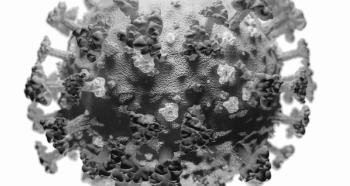
Catching COVID-19 to prevent a more severe case is not a good strategy, says Kevin Kavanagh, MD.

Take 5 minutes to catch up on Infection Control Today®’s highlights for the week ending February 17, 2023.
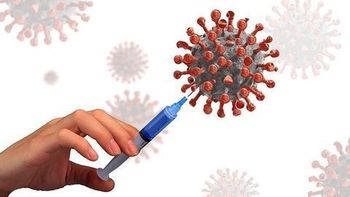
COVID-19 reinfection chances vary to variant and time since the previous infection, according to a new study.

What can the media do to better cover the "tripledemic," and where are all the advocacy groups for these infectious diseases?
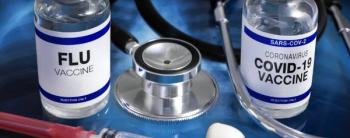
The triple epidemic or “tripledemic” of influenza, COVID-19, and respiratory syncytial virus (RSV) may have peaked. What caused the confluence of these viruses to start, and how can we stop it from happening again?

These treatments were reviewed in a real-world application to evaluate their effectiveness in preventing recurrences.

Take 5 minutes to catch up on Infection Control Today®’s highlights for the week ending February 10, 2023.

Saskia v. Popescu, PhD, MPH, MA, CIC, discusses the latest in the artificial tears infection alert and in the bird flu—and good news for COVID-19—for February 10, 2023.

Experts from around the world shared new data about cryptococcus at the recent International Conference on Cryptococcus & Cryptococcosis (ICCC) in Uganda.

A new study shows antibiotics are not the only widely used pharmaceuticals that can induce the emergence of treatment-resistant bacteria.

What should individuals getting a tattoo look for to protect themselves from infection?

Can a patient catch C difficile if the previous hospital room occupant had it?

Take 5 minutes to catch up on Infection Control Today®’s highlights for the week ending February 3, 2023.

Could live attenuated vaccines and intranasal vaccines be the answer for RSV, COVID-19, and even cancer tumors?

Rodents are known to transmit more than 35 illnesses. What signs should environmental services personnel and infection preventionists look for?
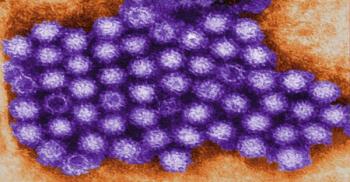
How can food service and health care workers prevent the spread of norovirus? Keeping employees at home, using the correct products the right way, and more.
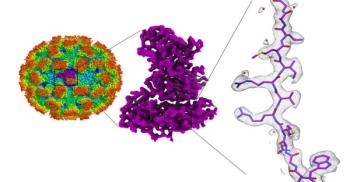
Are norovirus cases going to skyrocket, or will the pandemic slowdown of this infectious disease continue?

The FDA's Vaccines and Related Biological Products Advisory Committee laid out a simpler direction for SARS-CoV-2 development and deployment.

Take 5 minutes to catch up on Infection Control Today®’s highlights for the week ending January 27, 2023.

Nation Home Infusion Association addresses the media's coverage of the recent limited home infusion therapy study from Johns Hopkins University School of Medicine.

Saskia v. Popescu, PhD, MPH, MA, CIC, discusses the latest in COVID-19, a CDC shake-up, and the bird flu.

Bug of the Month helps educate readers about existing and emerging pathogens of clinical importance in health care facilities today.

Infection Control Today's® Product Locator is a monthly column highlighting some of the latest advanced technology in the infection prevention field.